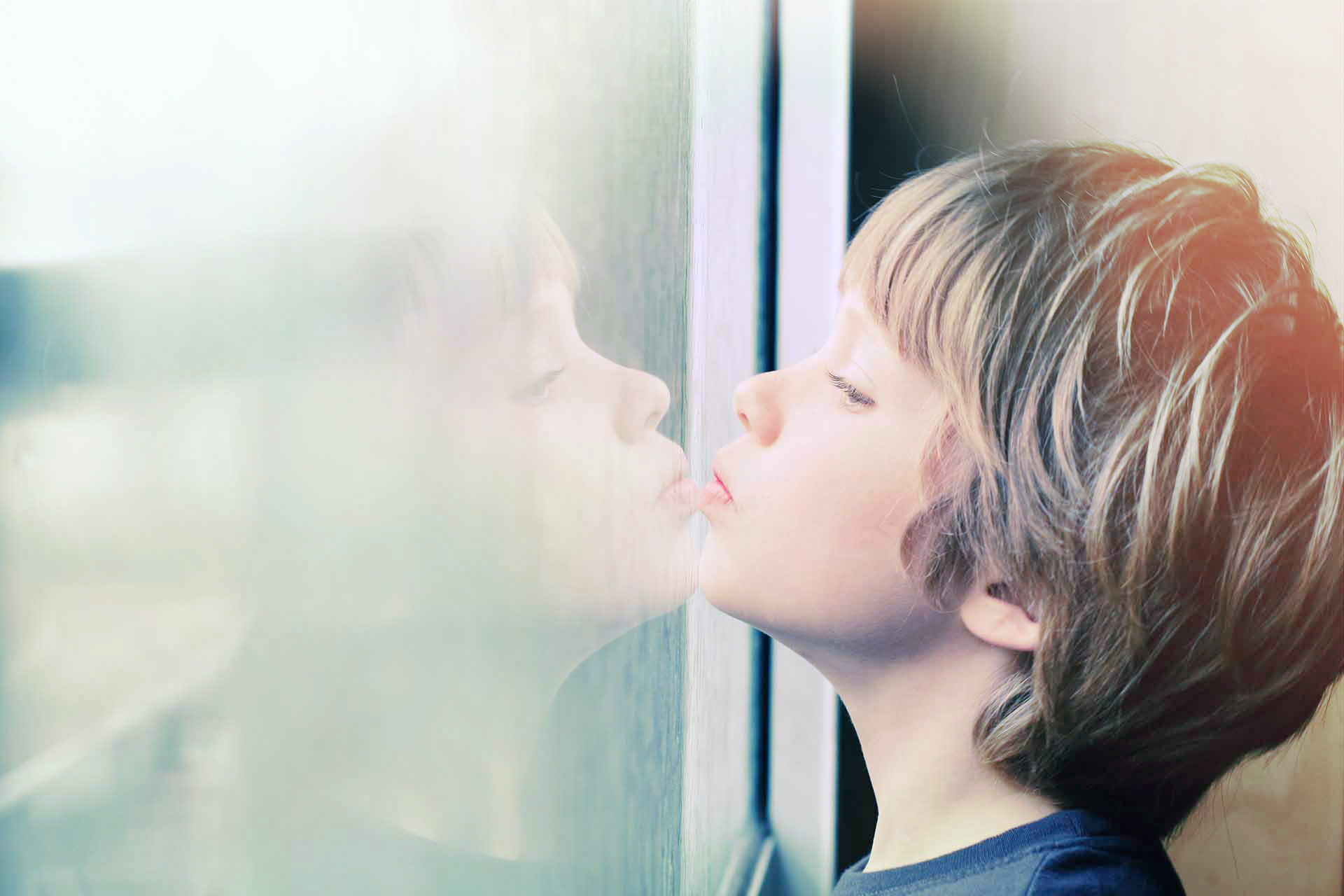Successful teaching of comprehensive relationships and sex education requires a sound understanding of the subject, its teaching methods and approaches, and the regulations and statutory guidance that apply

Whether comprehensive relationships and sex education is delivered through a stand-alone or integrated subject, it is paramount that teachers are trained to deliver the subject in an effective and inclusive manner. This requires a high level of subject knowledge, understanding of national regulations, associated legislation and best practice, and how the subject is taught, assessed, recorded and reported.
Teaching lifeskills training is structured in a manner that allows teachers to develop knowledge and skills through a cyclical learning process of subject knowledge, instruction, active participation and evaluation.

Workshops for key staff
School INSET sessions
Modelling programme with labsite instruction training: Learn, do, evaluate
Continued support


The subject of comprehensive relationships and sex education is recognised as a safeguarding measure against sexual abuse and exploitation.
Teaching Lifeskills offer specialist provision through in-house training linking comprehensive relationships and sex education with child protection to support staff in recognising and reporting concerns about a child’s welfare.
